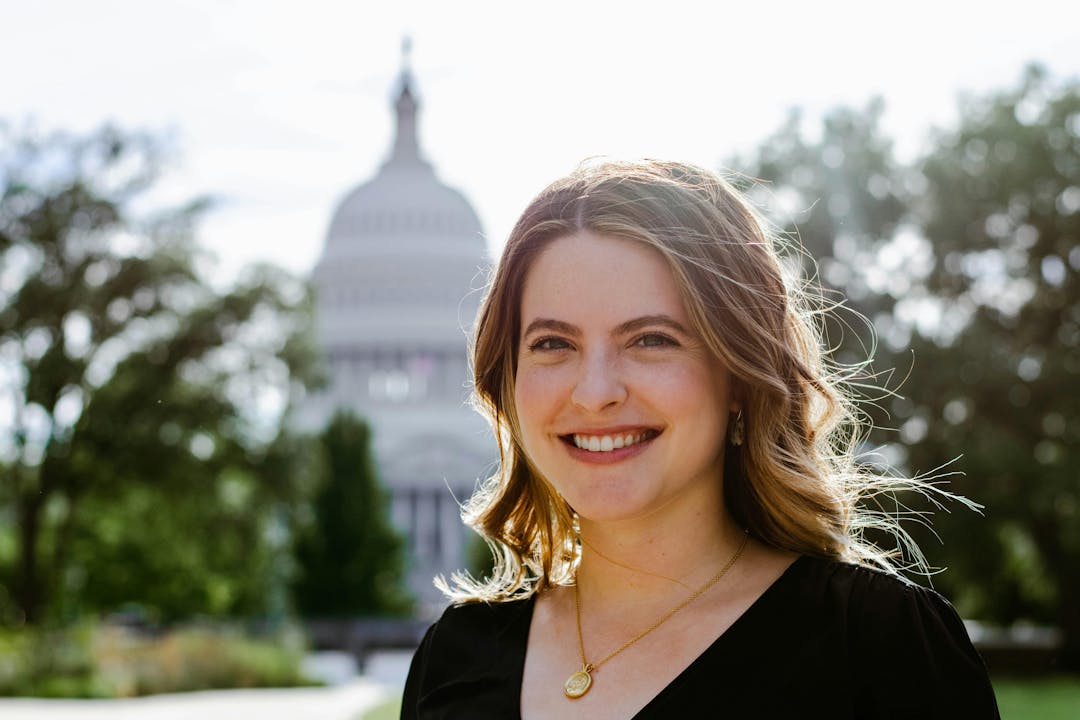Regulatory Focus Theory
The Basic Idea
Imagine you’re attending a seminar in which two highly respected professionals discuss their career journey.
The first speaker, Maria, explains that when she was in college she had a vision of her ideal life, which fueled her ambition to reach the top of the corporate ladder. Clearly, Maria was more concerned about gains rather than losses.
The next speaker, Jacques, shares that his success was primarily motivated by a sense of duty to his family and a desire for financial security. Contrary to Maria, he was much more conscious of avoiding losses compared to making gains. Clearly, both of these mindsets were motivating, but which is more effective? Why do we differ in our motivational approaches, and how is it that we can still achieve success when motivated by wildly different things?
Regulatory focus theory examines the type of actions that individuals take in order to align themselves with their values and aspirations. The theory is centered around the pursuit of goals and asserts that there are two motivational systems: the promotion system and the prevention system. The former, the promotion system (of which Maria is aligned), is related to advancement toward achieving goals, and gains are the focus over non-gains.1 The latter, the prevention system (of which Jacques is aligned), is more focused on duties and responsibilities, and is more sensitive to losses versus non-losses.1
Are we motivated by avoiding losses or pursuing gains?
About the Author
Lindsey Turk
Lindsey Turk is a Summer Content Associate at The Decision Lab. She holds a Master of Professional Studies in Applied Economics and Management from Cornell University and a Bachelor of Arts in Psychology from Boston University. Over the last few years, she’s gained experience in customer service, consulting, research, and communications in various industries. Before The Decision Lab, Lindsey served as a consultant to the US Department of State, working with its international HIV initiative, PEPFAR. Through Cornell, she also worked with a health food company in Kenya to improve access to clean foods and cites this opportunity as what cemented her interest in using behavioral science for good.



















